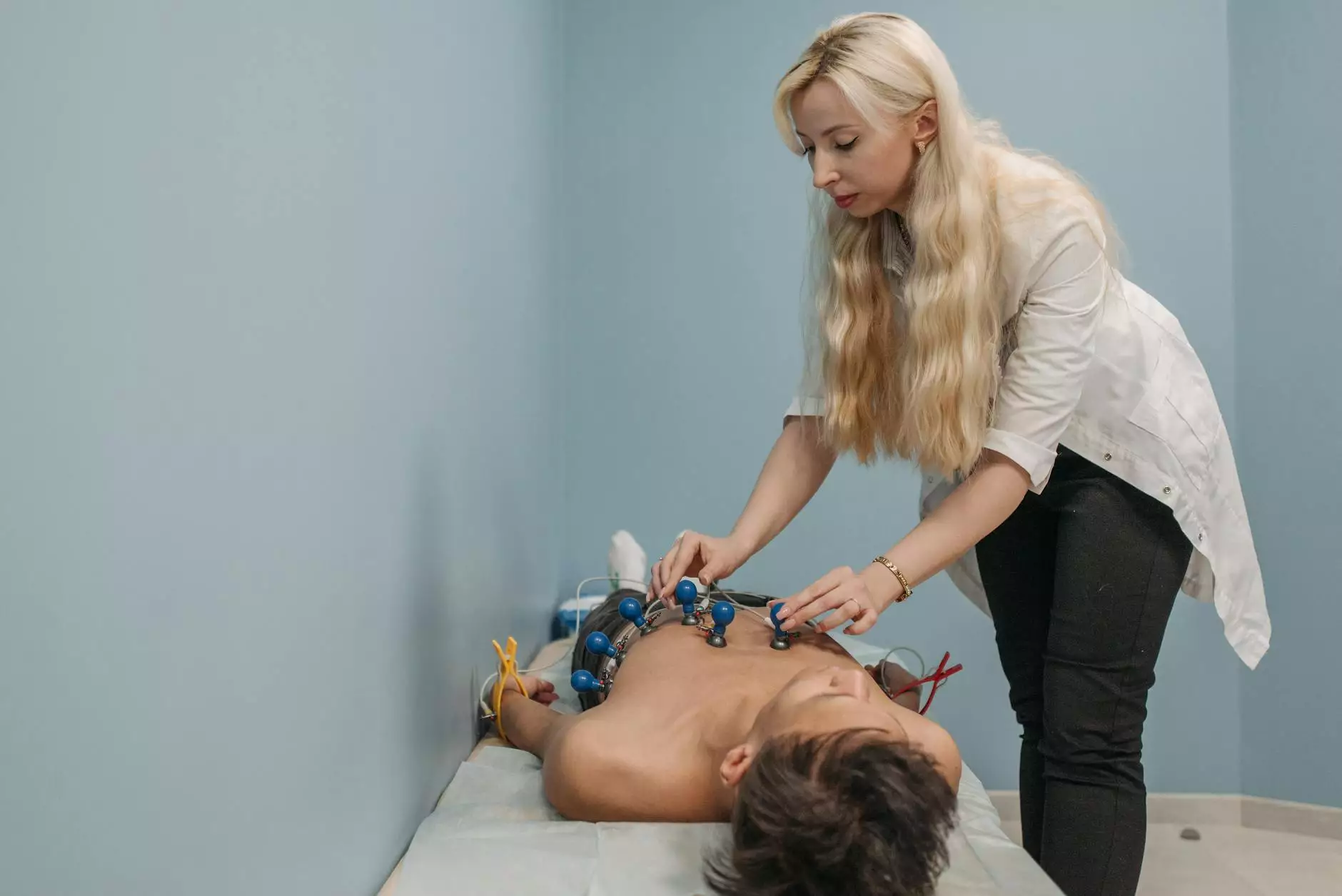Cold Caps for Preventing Hair Loss During Chemotherapy

The Process of Hair Loss During Chemotherapy
Undergoing chemotherapy can be a challenging and emotionally draining experience for individuals fighting cancer. One of the most visible and distressing side effects of chemotherapy is hair loss. Many patients consider hair loss as a significant loss of identity and a constant reminder of their condition.
Fortunately, there have been advancements in preventing chemotherapy-induced hair loss, with cold caps emerging as a potential solution. Cold caps, also known as scalp cooling systems, are specially designed caps that are cooled to very low temperatures and worn before, during, and after chemotherapy sessions.
How Do Cold Caps Work?
Cold caps work on the principle of vasoconstriction, which is the narrowing of blood vessels. By constricting the blood vessels in the scalp, cold caps reduce the amount of chemotherapy drugs that reach the hair follicles. This helps protect the hair follicles from the damaging effects of chemotherapy, minimizing hair loss or even preventing it altogether.
In addition to vasoconstriction, cold caps also provide a physical barrier between the scalp and the chemotherapy drugs, further reducing the exposure of hair follicles to the drugs.
Benefits of Using Cold Caps
Using cold caps during chemotherapy treatment offers several benefits:
- Preservation of Self-Image: Maintaining a full head of hair can significantly contribute to a patient's sense of self and confidence during a difficult time.
- Privacy: Cold cap therapy allows patients to keep their hair loss private if they choose to do so, offering a sense of normalcy.
- Reduction of Emotional Distress: By reducing or preventing hair loss, cold caps can help alleviate some of the emotional distress associated with chemotherapy.
Considerations for Using Cold Caps
While cold caps can be effective, it's essential to discuss their use with your healthcare provider. Factors to consider include:
- Chemotherapy Drugs: Not all chemotherapy drugs are suited for cold cap therapy. Your healthcare provider will guide you on whether cold capping is appropriate for your specific treatment regimen.
- Treatment Schedule: Cold caps need to be worn before, during, and after each chemotherapy session. This may require additional time and commitment during your treatment.
- Comfort: While cold caps are generally well-tolerated, some patients may experience discomfort due to the cold temperature. Discuss any concerns or discomfort with your healthcare provider.
Contact Smith, Arthur F, MD for More Information
As a renowned healthcare provider in the field of oncology, Smith, Arthur F, MD is dedicated to supporting patients with cancer through various treatment options. If you would like to learn more about cold cap therapy and its suitability for your chemotherapy treatment, please contact our office. Dr. Smith and our compassionate team are here to address your concerns and provide comprehensive guidance to help you make informed decisions about your hair preservation goals.




